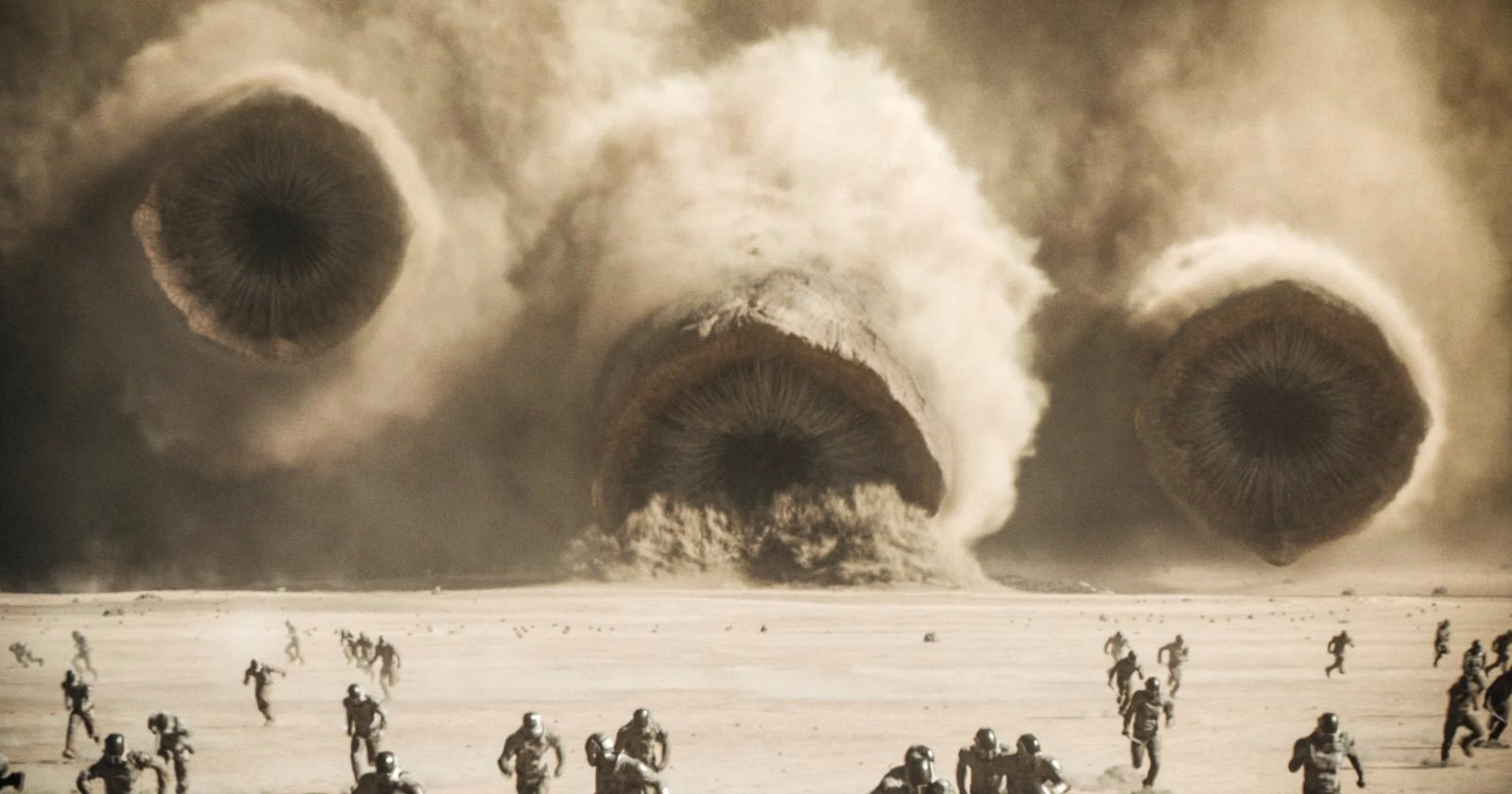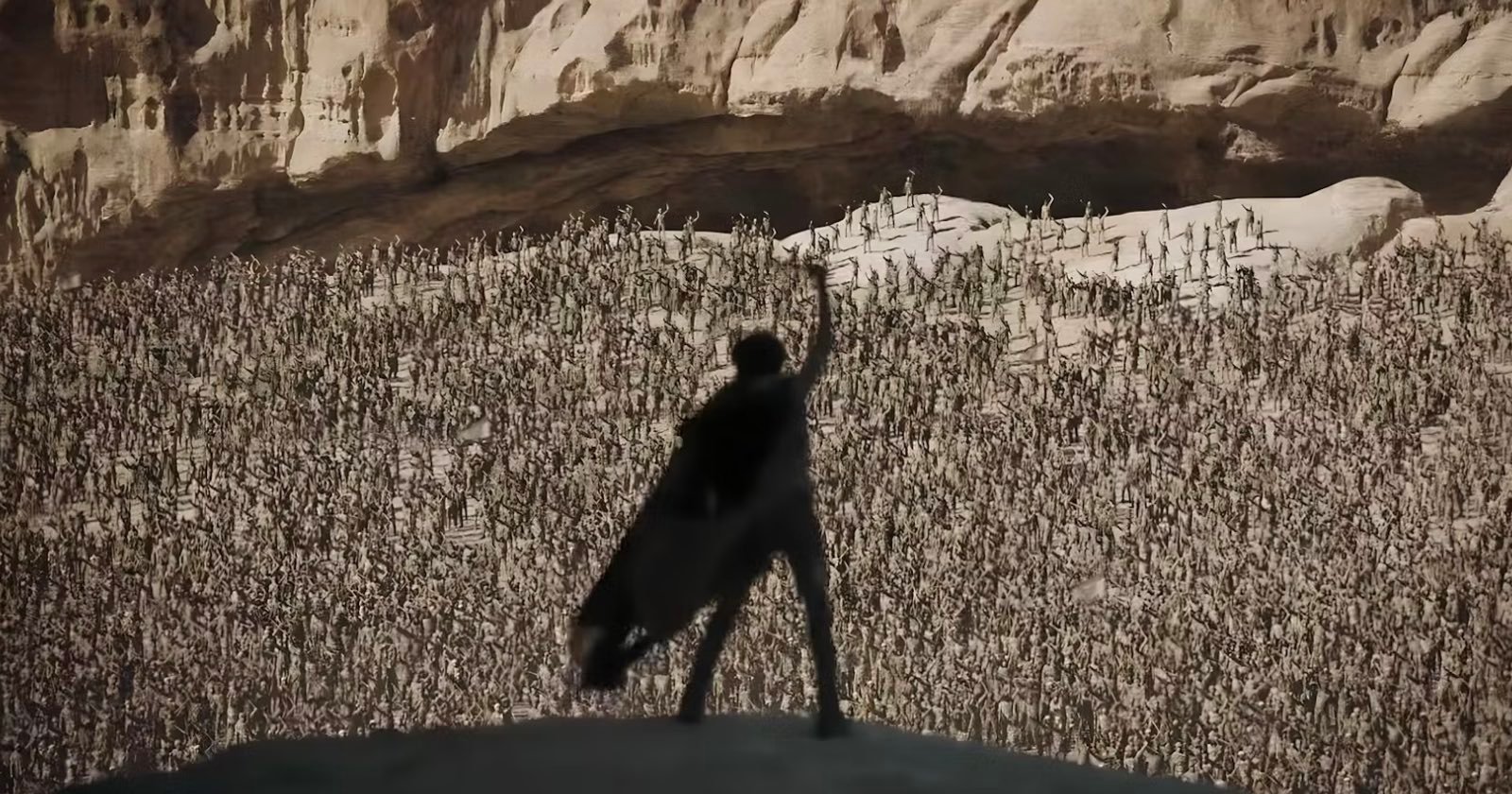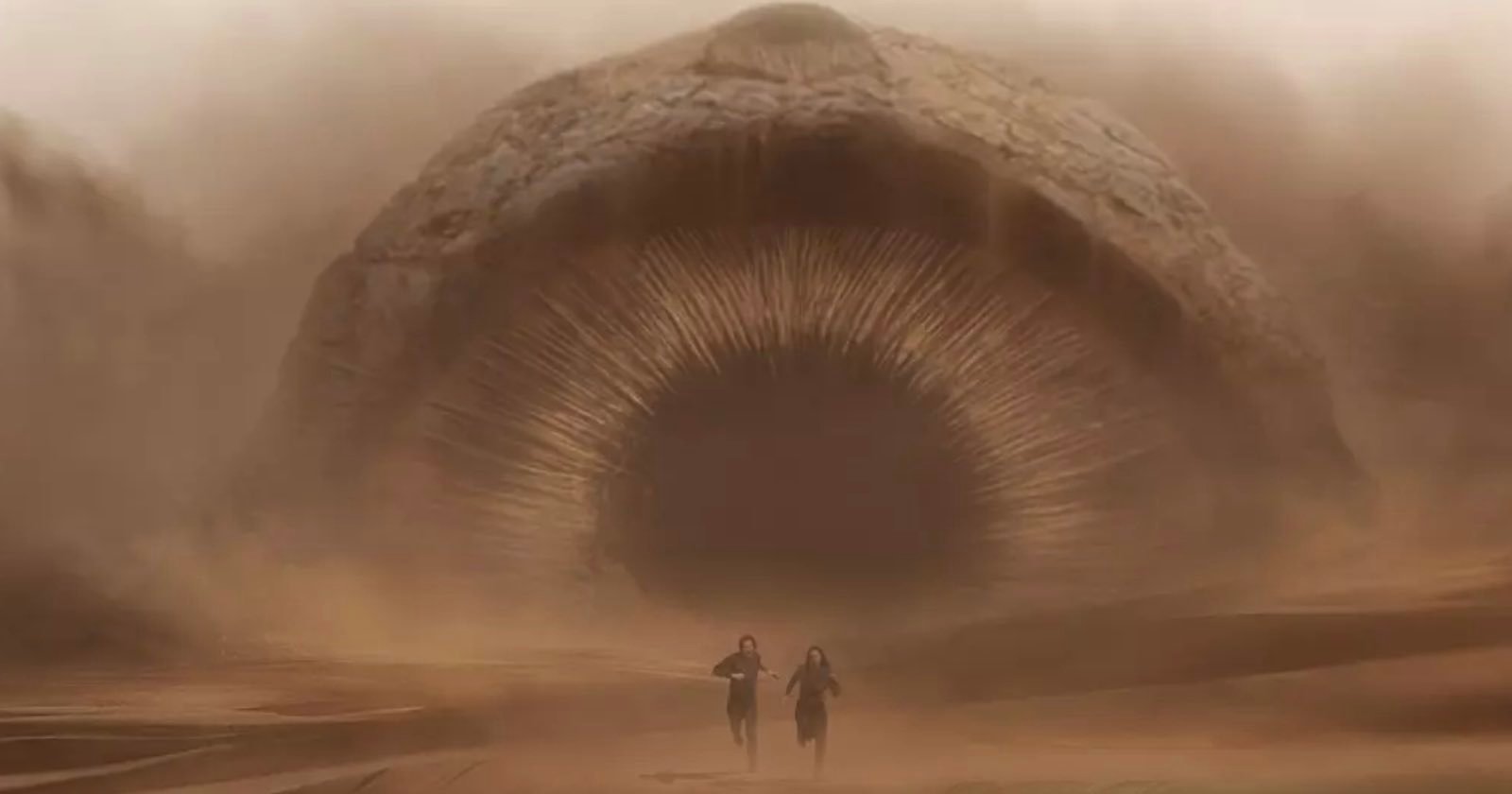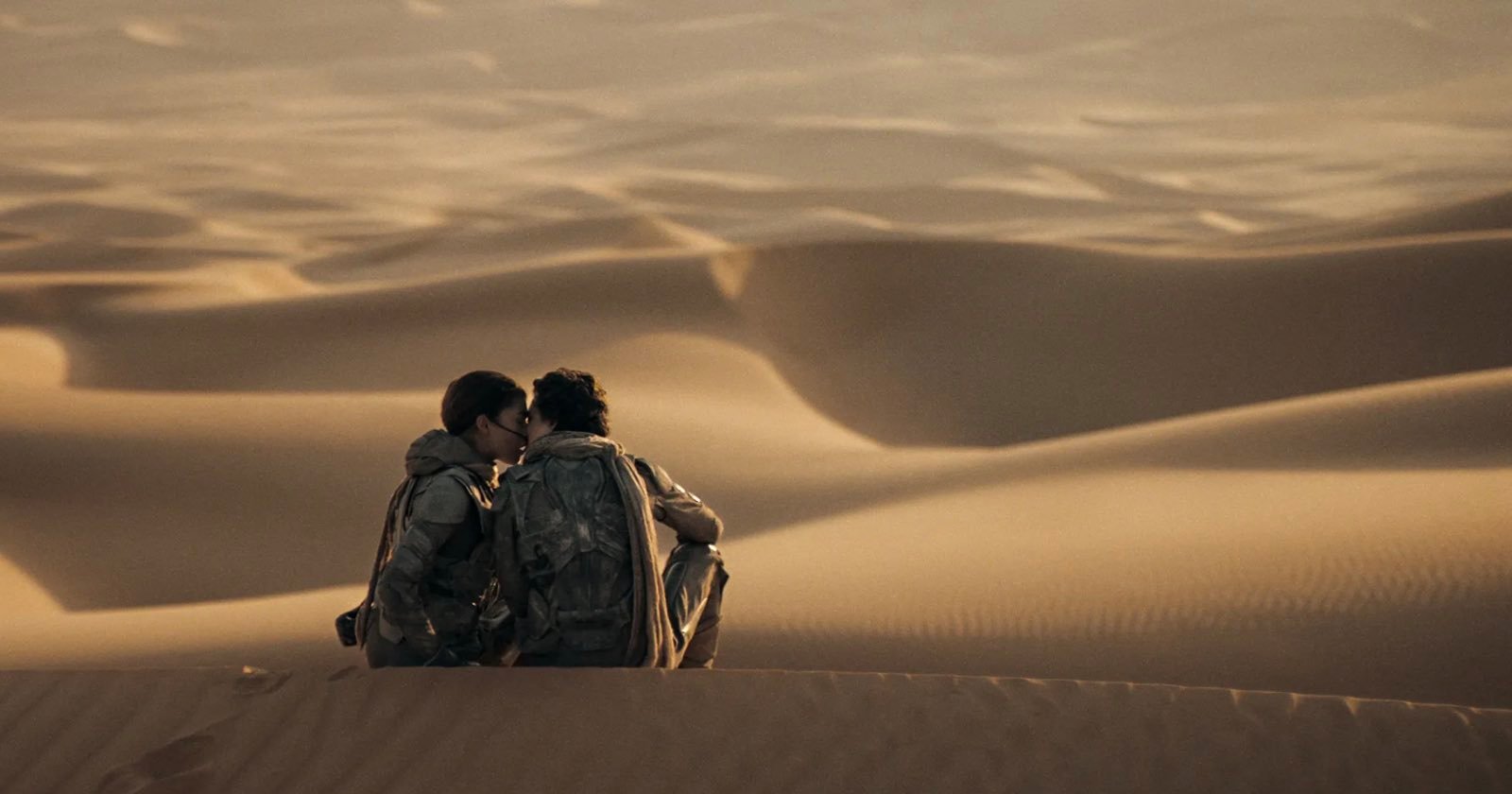How ‘Dune: Part Two’ Cinematographer Makes Everything Look So Big

The cinematographer behind Dune: Part Two has revealed how he was able to make everything look so big in the highest-grossing movie of 2024 so far.
Denis Villeneuve’s eagerly anticipated sequel to 2021’s Dune follows Paul Atreides, played by Timothée Chalamet, as he unites with the Fremen people of the desert planet to take back their land.

One of the most arresting visual features of the Dune is how huge everything looks on screen.
The movies are filled with looming buildings that tower over throngs of tiny people, vast deserts that seemingly stretch on forever, and of course, the gigantic sandworms that have become an iconic part of Dune.


In an interview with Inverse, Dune: Part Two‘s cinematographer Greig Fraser reveals exactly how Dune: Part Two achieves its absolutely massive scale and immersive spectacle aesthetic.
Fraser tells Inverse that the secret to making everything look so huge in the Dune movies is “people.”
“The trick is people,” Fraser tells Inverse. “Ultimately, as humans, we cannot comprehend scale without some other point of reference. We have no concept of how high a mountain is unless we see something in relation to it. We might know how high it is based on how many meters high it is, but we can’t visualize it.”
Big People Are Even Better
Fraser says an easy way to make a feature look extra huge on screen is to preferably put a big human next to it, such as actor Dave Bautista who played Glossu Rabban in Dune.
“We know Dave Bautista is a big guy, but you put him in an ornithopter and then make the ornithopter move by comparison to the scale of the mountains they’re blowing up, you then start to understand the scale of the explosions,” Fraser explains.
“It’s all about creating comparisons to the people or things around it. Visually, we need to make sure we always have those things in a frame together because if you don’t have something like that in a frame, you don’t really get that idea of scale.
“That’s the way I see scale, and hopefully that’s the way the audience sees it through my lens.”
Intimate Movies
In another interview with KPBS, Fraser gave further insight into how he created the visual look of the Dune series.
Fraser, who won the Academy Award for cinematography for Dune, says how he doesn’t see the science fiction series as visual effects (VFX) movies.
Instead, Fraser focuses on the characters when filming Dune — amid all the massive effects and huge sandworms in the science fiction movies.
“Maybe I’m deluding myself, but I’m concentrating on the minutiae of the human experience with these actors, with these characters,” Fraser tells KPBS.
“And what happens from a visual effects standpoint, happens beyond those experiences. Like even Paul sand worm-riding, which definitely has some VFX, but I feel the really important thing is that we’re close with him. We’re close with his face, we’re close with those characters watching him. So for me, that whole sequence is actually just them and him.”
Image credits: All photos by Warner Bros.